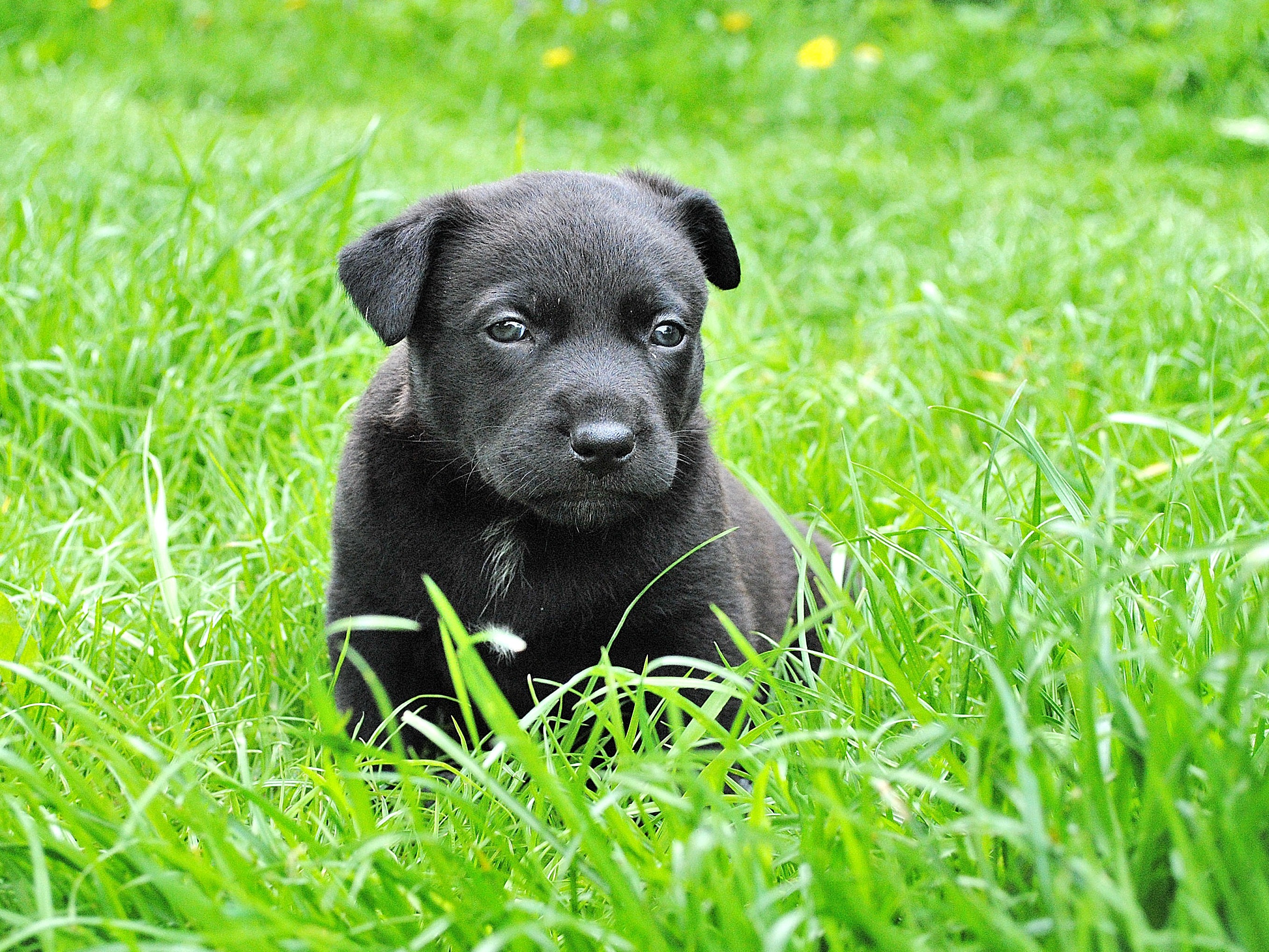The holiday season is upon us, and many families are considering bringing a new puppy into the home. It is essential families understand some of the crucial developmental stages in a puppy’s life in order to help her become a well-adjusted dog.
Many puppies arrive in their new homes at around 8 weeks of age. Puppies need a lot of socialization between the 7-12 week mark. Keep in mind that puppies typically go through a fear period during this time, so interactions should be as positive as possible. Socialization should be well supervised so humans and other animals do not cause adverse conditioning. Do not let this (or the lack of vaccinations) keep you from socializing your pup with dogs and humans in safe environments, though. This period is crucial for teaching puppies appropriate behaviors as most things a puppy learns at this age are imprinted permanently.
Play dates with friends and trips into public (patios, Home Depot, etc.), are safe places where socialization can occur. It is best to avoid dog parks during this time due to health risks and because you are unable to sufficiently control other people and dogs.
From 13 weeks to 6 months you will likely deal with frustrating behaviors (biting, chewing, etc.) as your puppy learns just how far she can push boundaries. It is imperative you remain positive and consistent during this time period to allow her to understand what is expected of her. Allow her to make choices and explore, but don’t correct her with negative punishment. Consequences should not be harsh or scary, especially as she is enters a second fear period during the 6-14 month range.
During this second fear period, positive training is a must. Praise and reward for good behavior, and be sure you are setting her up for success during training. Do not yell at your dog, but don’t coddle or reassure her when you notice fear, as this reinforces that she has something to fear. Again, consistency and positively are crucial during this period. Patient, older dogs are especially beneficial during this period as they can effectively teach your puppy how to be around dogs without teaching them other dogs are scary! Less patient dogs may instill fear into your puppy, causing a negative association with dogs thus potentially causing dog aggression.
As you can see, it is imperative to seek a positive trainer during a puppy’s life. If you bring an older dog into your home, the same rules apply. Positive training techniques will help ensure the bond between you and your new puppy is strong and enjoyable.
